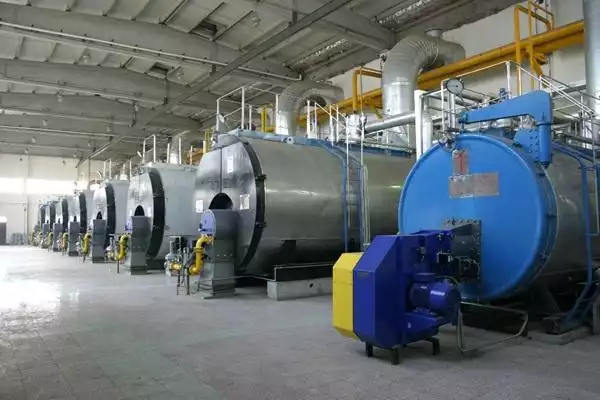
Fangkuai Boiler Introduces New Biomass Boilers >
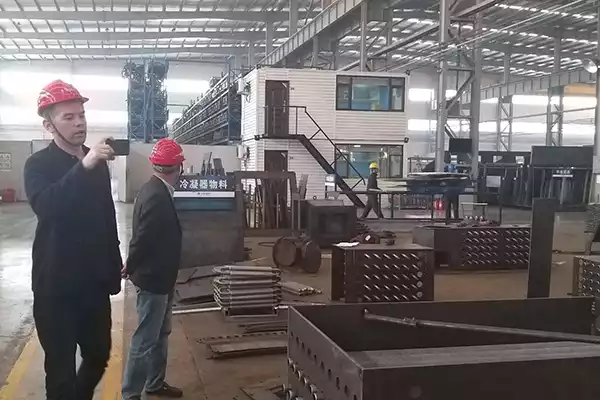
FangKuai Boiler Company: Leading the Way in Energy-efficient Boiler Manufacturing >
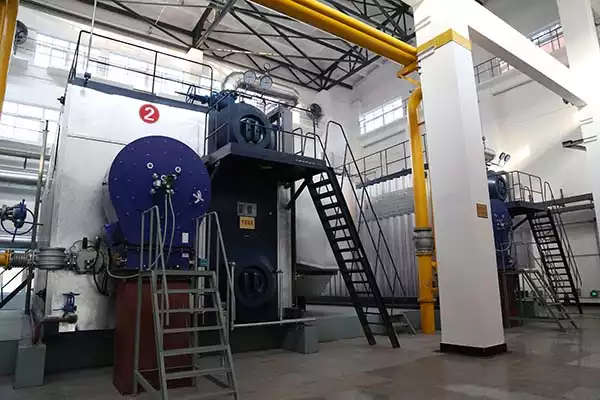
FangKuai Boiler Continues to Lead the Way in Energy-efficient Boiler Manufacturing >
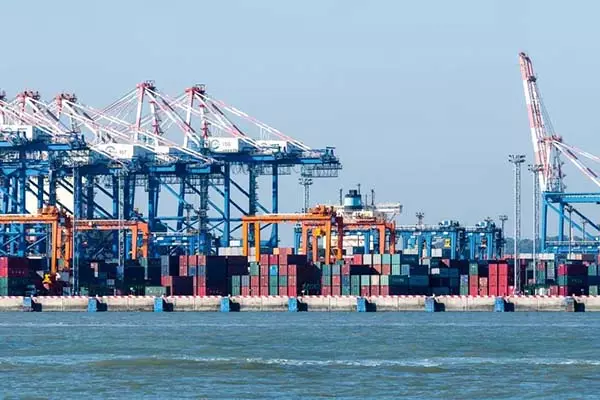
Caldaie Fangkuai: A Stable Development in the Overseas Market >
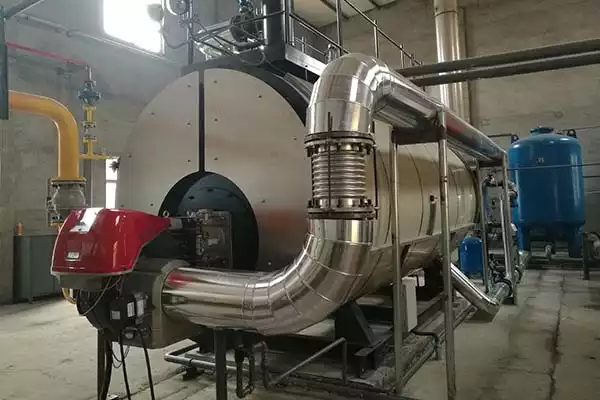
Boost Brewing Efficiency with Fangkuai Gas Boilers & Condensing Water Recovery >
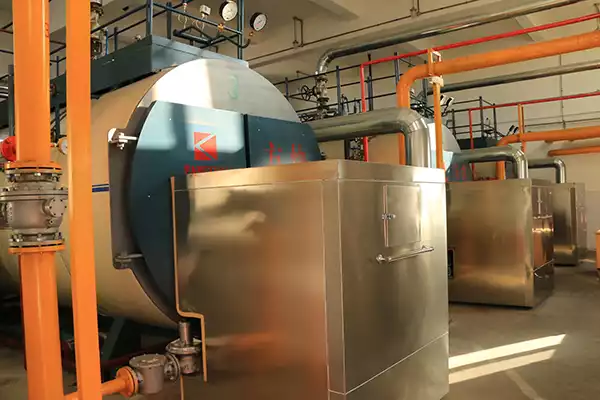
Empowering the Textile Industry in Bangladesh with Fangkuai Dual Fuel Boilers >
.jpg)
Discover the key factors affecting industrial electric steam boiler price, including capacity, pressione, ed efficienza energetica. Get expert insights to make an informed purchase decision.

Learn the key factors that affect heater boiler replacement costs, including boiler type, misurare, installation complexity, ed efficienza energetica. This guide helps you make an informed decision and plan your budget effectively for a cost-efficient replacement.

A fire tube steam boiler is a type of boiler in which hot gases pass from a fire through one or many more tubes running through a sealed container of water. The heat of the gases is transferred through the walls of the tubes by thermal conduction, heating the water and ultimately creating steam. This type of boiler is widely used in various industries for heating and power generation.

Installing a heating boiler is a significant investment that directly impacts your home's comfort, efficienza energetica, and long-term savings. Whether you're upgrading an old system or installing a brand-new boiler, understanding the cost factors, installation process, and ways to save money is crucial.
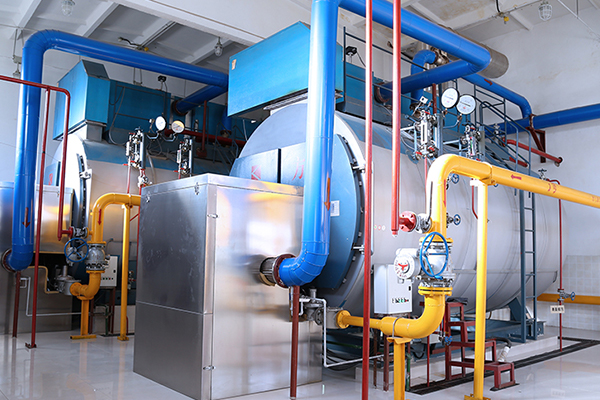
This guide provides a professional overview of steam boilers, covering their types, principi di funzionamento, and efficiency to help you make informed decisions.
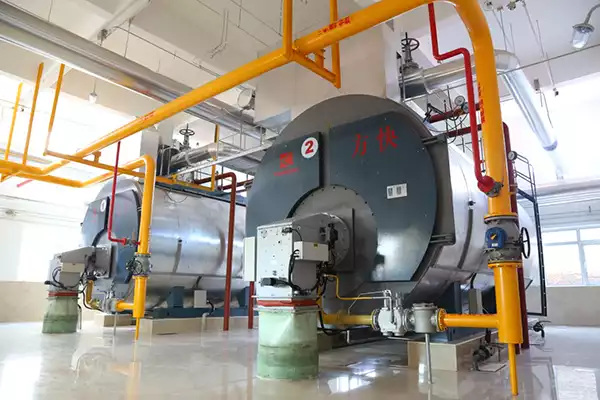
At present, we have provided one-stop solutions for manufacturing, installazione, commissioning, and operation for 200+ industries.
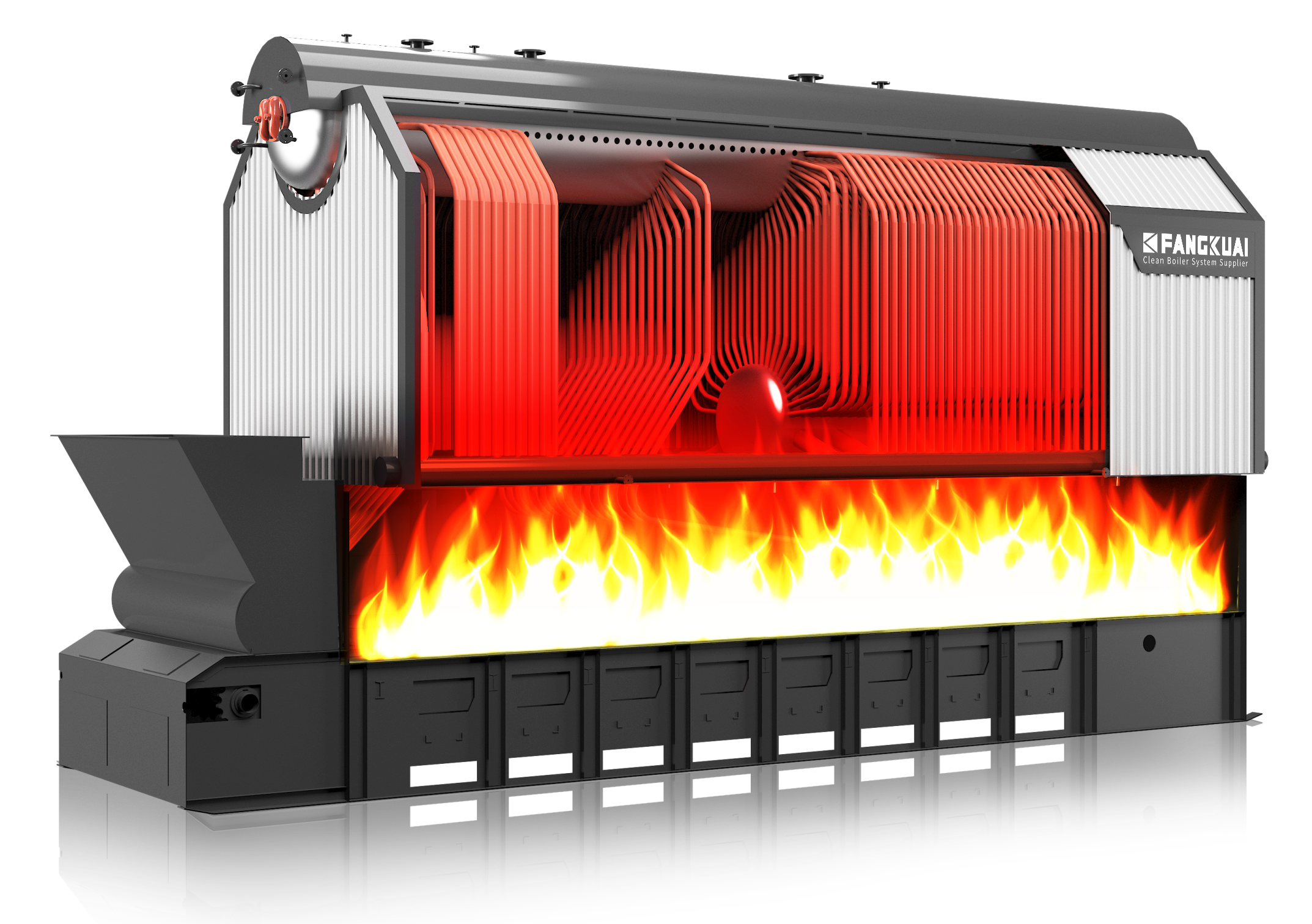
In today’s industrial and commercial sectors, reducing energy consumption and cutting down carbon emissions have become crucial goals for enhancing operational efficiency. Caldaie a biomassa, as an efficient and environmentally-friendly energy solution, are gaining increasing popularity among business owners and building managers.
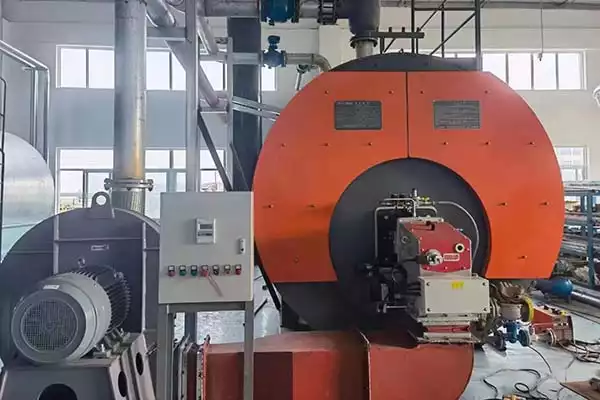
In recent years, the biomass boiler types that are relatively mature and have more application performance are water-cooled vibrating grate furnaces, circulating fluidized beds and a small number of combined grate boilers. This paper analyzes and compares the characteristics of several boiler types and the influence of moisture, ash and impurities in the composition of biomass fuel on the selection of biomass boilers.
7 passaggi per spiegarti come pulire una caldaia a vapore
Discover the essential steps and techniques for effectively flushing a boiler system. Learn the significance, safety measures, different methods, and maintenance tips for maintaining optimal boiler performance.Steam boiler water level is too high: causes, effects and solutions
A high water level in a steam boiler can be a concerning issue as it might lead to water carryover into the steam lines, affecting the efficiency and safety of the boiler system. There are a few potential reasons for this problem and steps you can take to address it:Reasons and solutions for steam boiler not working
steam boilers sometimes stop working, which brings great inconvenience to production. COSÌ, what is the reason why the steam boiler is not working? How can we solve this problem? Next, let us discuss it together.Come evitare il calore irregolare nelle caldaie a gas?
The uneven heat of the gas boiler refers to the phenomenon of uneven heat load in the same heating surface tube group.In quali circostanze è necessario spegnere la caldaia a gas?
After some emergencies, there may be some problems during the operation of the gas boiler. The boiler operator should be vigilant to the gas boiler, check the operation of the boiler in real-time, and stop the boiler if necessary to avoid more serious dangerous accidents.Cosa devo fare se il carico della caldaia a gas diminuisce improvvisamente?
When the load of gas-fired boilers drops suddenly, the enterprise units using the boilers should pay attention. This is a serious boiler dangerous situation, accompanied by the following situations:Quali misure di sicurezza dovrebbero essere prese dopo che la caldaia a gas è fuori servizio?
Many gas-fired boilers do not run continuously throughout the year. When the enterprise is no longer in production or for other reasons, the boiler will be shut down. Tuttavia, after the boiler is out of service, certain safety measures must be taken. COSÌ, what safety measures should be taken after the boiler in the chemical plant is out of service?Come ridurre il consumo di carburante della caldaia a gas?
How to reduce the fuel consumption of gas boilers? For gas-fired boilers, in order to save fuel and improve the thermal efficiency of the boiler, we must start from the following aspects.
vVisualizza le recensioni dei nostri clienti
"I generatori di vapore di Fangkuai sono eccellenti. Sono molto facili da usare e richiedono una manutenzione minima. Anche il servizio clienti di Fangkuai è eccezionale. Sono molto reattivi e sempre disposti ad aiutare. Notevole anche l'efficienza energetica dei generatori di vapore, che mi ha aiutato a risparmiare sulle mie bollette energetiche. Consiglio vivamente i generatori di vapore di Fangkuai."
Maria
Spagna"La caldaia per l'acqua calda di Fangkuai è fantastica. Si riscalda in modo rapido ed efficiente, e l'acqua rimane calda per molto tempo. Non abbiamo mai avuto problemi e ha apportato un miglioramento significativo alle nostre operazioni quotidiane. Anche il processo di installazione è stato molto fluido e il servizio clienti è stato eccellente. Consiglio vivamente le caldaie ad acqua calda di Fangkuai."
Sara
Canada"L'attrezzatura ausiliaria di Fangkuai ha reso il mio sistema di caldaie ancora migliore. La qualità dell'attrezzatura è eccezionale ei prezzi sono molto ragionevoli. L'apparecchiatura ha contribuito a migliorare l'efficienza e le prestazioni del mio sistema di caldaie, che ha portato a notevoli risparmi sui costi. Consiglio vivamente l'attrezzatura ausiliaria di Fangkuai a chiunque necessiti di accessori per caldaie di alta qualità."
Maryk
UK"L'attrezzatura ausiliaria di Fangkuai ha reso il mio sistema di caldaie ancora migliore. La qualità dell'attrezzatura è eccezionale ei prezzi sono molto ragionevoli. L'apparecchiatura ha contribuito a migliorare l'efficienza e le prestazioni del mio sistema di caldaie, che ha portato a notevoli risparmi sui costi. Consiglio vivamente l'attrezzatura ausiliaria di Fangkuai a chiunque necessiti di accessori per caldaie di alta qualità."
Maryk
UK"Utilizziamo da anni la caldaia ad olio diatermico Fangkuai per il nostro impianto chimico e non ci ha mai deluso. La caldaia è molto resistente e può resistere a condizioni difficili. È anche molto facile da usare e mantenere, che ci ha aiutato a risparmiare tempo e denaro per la manutenzione. Le caldaie ad olio diatermico Fangkuai sono di prim'ordine e le consiglio vivamente a chiunque necessiti di soluzioni di riscaldamento affidabili."
Chang
Cina"Il servizio clienti di Fangkuai è di prim'ordine. Mi hanno aiutato a scegliere la caldaia perfetta per le mie esigenze e mi hanno fornito un grande supporto durante tutto il processo. Anche il processo di installazione è stato molto fluido e la caldaia ha superato le mie aspettative. È molto facile da usare e mantenere, e l'efficienza energetica è notevole. Consiglio vivamente i prodotti Fangkuai a chiunque necessiti di soluzioni di riscaldamento affidabili ed efficienti."
Giovanni
Messico"Utilizziamo da anni la caldaia ad olio diatermico Fangkuai per il nostro impianto chimico e non ci ha mai deluso. La caldaia è molto resistente e può resistere a condizioni difficili. È anche molto facile da usare e mantenere, che ci ha aiutato a risparmiare tempo e denaro per la manutenzione. Le caldaie ad olio diatermico Fangkuai sono di prim'ordine e le consiglio vivamente a chiunque necessiti di soluzioni di riscaldamento affidabili."
Chang
Cina"Il generatore di vapore di Fangkuai è perfetto per la mia piccola impresa. È molto facile da usare e richiede una manutenzione minima. È anche molto efficiente dal punto di vista energetico, che mi ha aiutato a risparmiare sulle mie bollette energetiche. Anche il servizio clienti di Fangkuai è eccellente. Sono molto reattivi e sempre disposti ad aiutare. Consiglio vivamente i generatori di vapore di Fangkuai."
Ahmad
Egitto"La caldaia a vapore di Fangkuai è perfetta per la mia attività di trasformazione alimentare. Soddisfa tutti i nostri requisiti ed è molto affidabile. La qualità dei materiali e la costruzione della caldaia sono eccezionali. È anche molto facile da usare e mantenere, che ci ha aiutato a risparmiare tempo e denaro per la manutenzione. Consiglio vivamente le caldaie a vapore di Fangkuai a chiunque necessiti di soluzioni di riscaldamento affidabili."
Json
Brasile